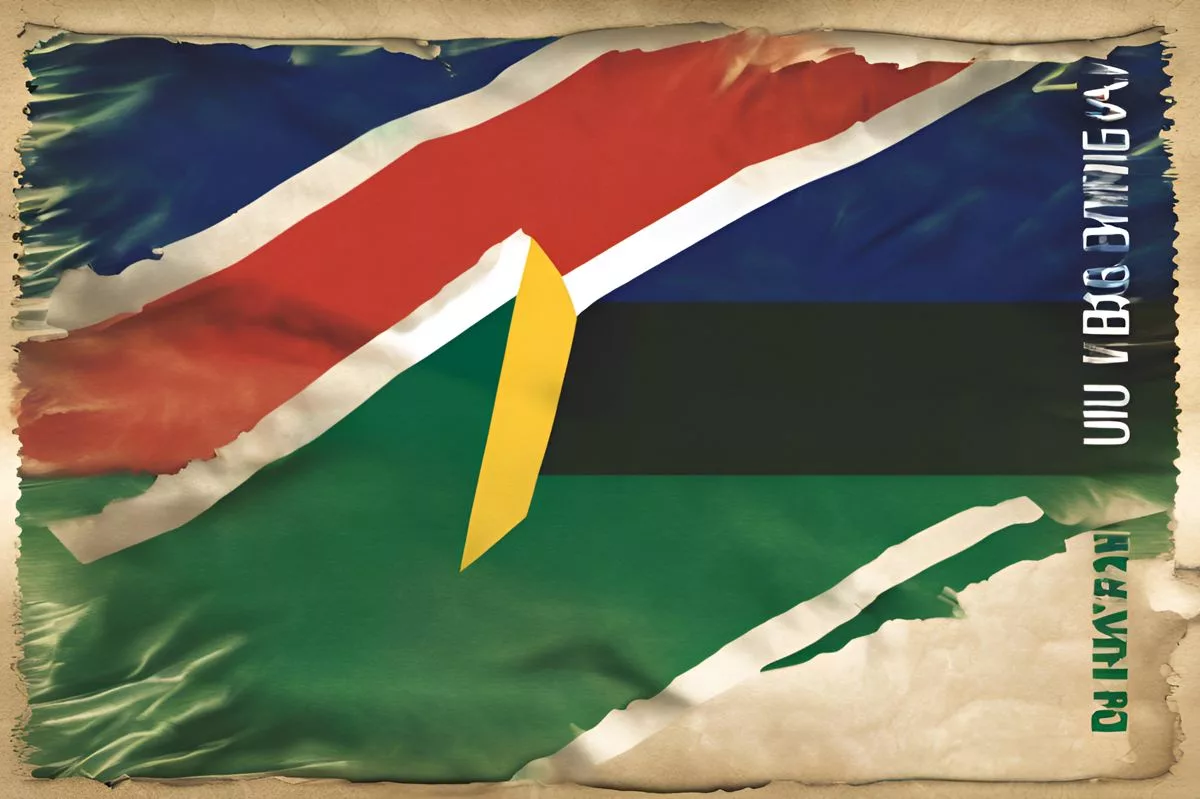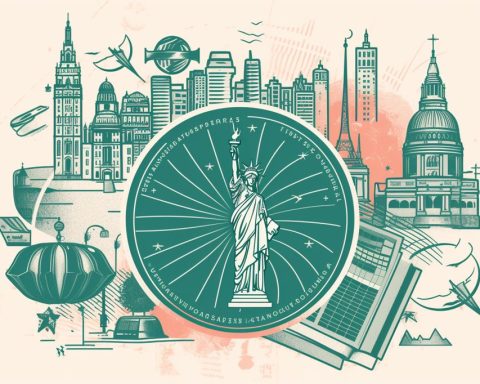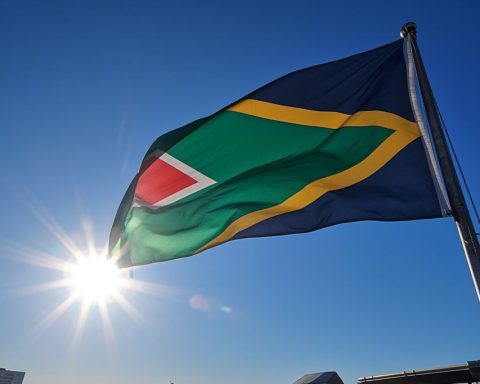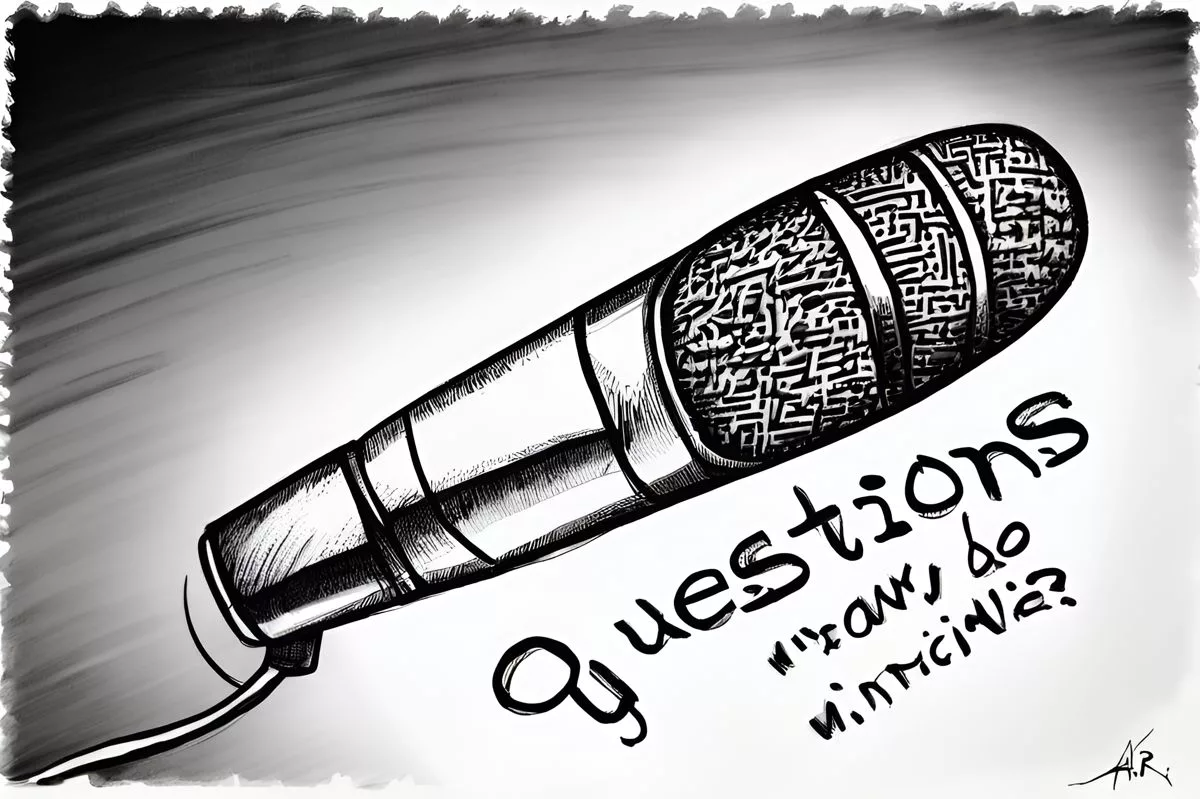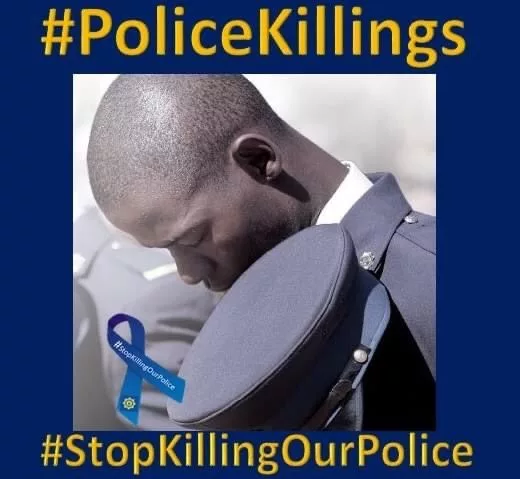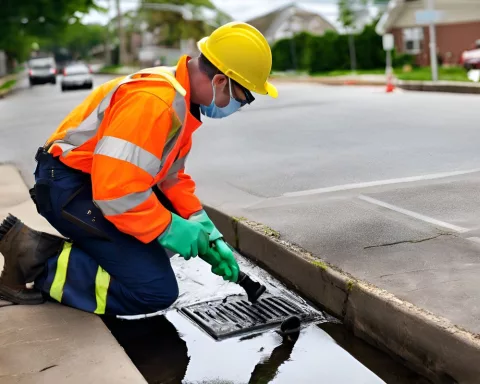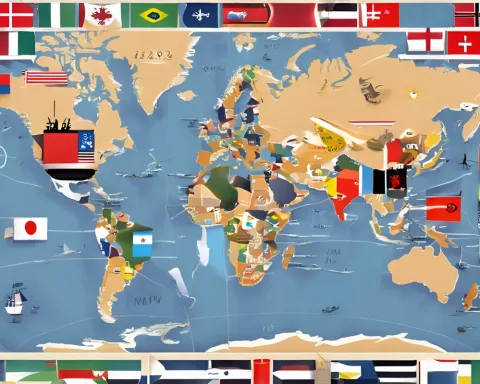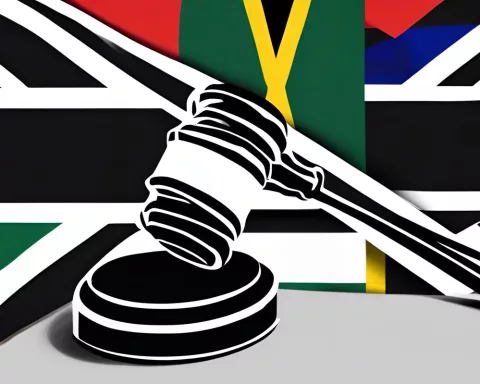Naturalised citizens in South Africa are facing a daunting task of obtaining a smart ID card that represents their citizenship rights, despite fulfilling the necessary criteria. The Department of Home Affairs’ inefficiencies are the root cause of this issue, leading to them being viewed as second-class citizens. Even after a decade of the introduction of smart ID cards, the situation remains unchanged, and naturalised citizens continue to fight for recognition and justice.
An Unfortunate Stalemate for Naturalised Citizens
Naturalised citizens in South Africa face difficulties obtaining a smart ID card due to inefficiencies within the Department of Home Affairs. This is despite fulfilling the necessary criteria, such as holding a permanent residence permit for a minimum of five years. The smart ID card represents citizenship rights, and the lack of recognition for naturalised citizens is considered a violation of their rights, leading them to be viewed as second-class citizens. Despite attempts to address the issue, the situation remains unchanged.
The vibrant and diverse country of South Africa has attracted many individuals from various walks of life to its captivating landscapes. Among these individuals are naturalised citizens, who have lawfully made South Africa their home. However, their journey of citizenship and belonging encounters a major roadblock. Despite being legal citizens, they struggle with the inability to secure a South African smart ID card, an essential component of their citizenship.
An Unfortunate Stalemate for Naturalised Citizens
The South African smart ID card provides a validation of one’s citizenship and instills a sense of belonging. Nevertheless, naturalised citizens find themselves trapped in an uncomfortable quandary. The obstacle they face relates to the systemic inefficiencies of the Department of Home Affairs, which keep them from obtaining these cards.
The question arises: Why is this happening? The answer lies in navigating the complex process of becoming a South African citizen, as outlined in the South African Citizenship Amendment Act of 2010. According to the Western Cape Government website, there are three legal routes to attain this – birth, descent, and naturalisation.
Naturalisation, the route taken by the individuals at the heart of this discussion, requires a minimum of five years of holding a permanent residence permit. However, this is not the final milestone. Even after fulfilling all the necessary criteria, these naturalised citizens find themselves stuck; their progress hindered by the inefficient systems of the Department of Home Affairs.
An Issue of Identity and Recognition
The core of the conflict lies in the procurement of smart ID cards. These cards, regarded as more than just proof of identity, represent the individual’s complete citizenship rights. As stated by Angel Khanyile, a Member of Parliament from the Democratic Alliance, naturalised citizens are unjustly prevented from acquiring these smart ID cards. Instead, they are restricted to their old green ID booklets, signifiers of their past, not their current identities.
The Democratic Alliance argues that this lack of recognition is a severe violation of rights. Legally, these individuals are South African citizens in every aspect. Denying them the smart ID cards is equivalent to demoting them to the status of second-class citizens, which is an insult to the country they have accepted as their own.
A Plea for Justice and Equality
Despite repeated attempts to address this issue with the Parliament Portfolio Committee on Home Affairs, the situation remains static. The promise to resolve the issue remains an empty one, even a decade after the introduction of the smart ID cards. The Democratic Alliance condemns this as a failure of administrative justice.
This discussion aims to highlight this issue and stir a discourse about the rights of naturalised South African citizens. It is not a substitute for legal advice, which should be sought from professional organizations like Lawyers for Human Rights. As the narrative of these citizens continues to unfold, it is evident that their fight for recognition is an ongoing one. Their resilience is commendable, and their plea for justice deserves our empathy and attention.
When discussing citizenship, we must look beyond legalities. It is about identity, rights, and the sense of belonging. It mirrors the society we live in and the society we aim to become. These naturalised South Africans have opted to be a part of this narrative, and they unquestionably deserve the recognition they have earned.
What is the issue faced by naturalised citizens in South Africa?
Naturalised citizens in South Africa face difficulties obtaining a smart ID card despite fulfilling the necessary criteria, leading them to be viewed as second-class citizens.
Why are naturalised citizens struggling to obtain smart ID cards?
This is due to inefficiencies within the Department of Home Affairs, which make it challenging for naturalised citizens to navigate the process of obtaining a smart ID card.
What does the smart ID card represent?
The smart ID card represents citizenship rights and is an essential component of citizenship in South Africa.
Why is the lack of recognition for naturalised citizens considered a violation of their rights?
Denying naturalised citizens the smart ID card is equivalent to demoting them to the status of second-class citizens, which is an insult to the country they have accepted as their own.
Have attempts been made to address this issue?
Yes, attempts have been made to address this issue with the Parliament Portfolio Committee on Home Affairs, but the situation remains unchanged.
What can be done to help naturalised citizens obtain their smart ID cards?
It is essential to raise awareness of this issue and engage in discourse about the rights of naturalised South African citizens. Seeking legal advice from professional organizations like Lawyers for Human Rights may also be helpful.

